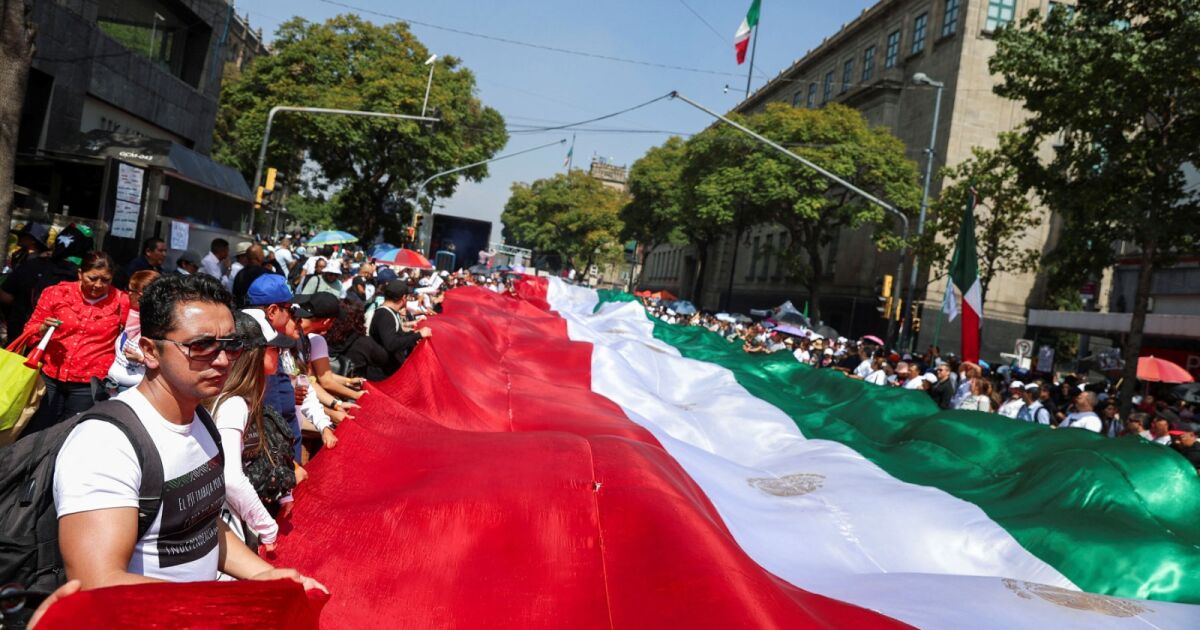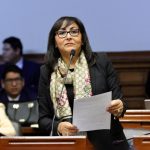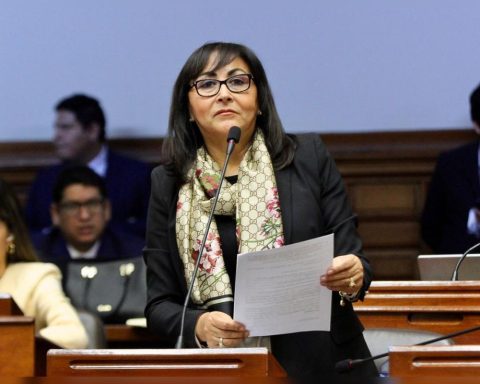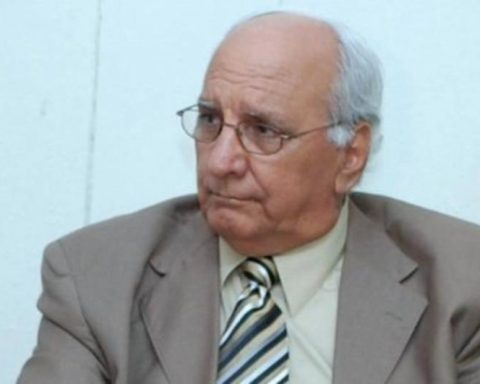It was the last possibility, Dayán did not resist pressure.- Soberanes
The expert in Constitutional Law, José Maria Soberanes, commented to Political Expansion that the SCJN was the last possibility to stop the Judicial Reform, but it was not achieved, so now the election of judges will continue and will take place next year.
“It was the last possibility to stop this, because it no longer stopped. It will continue forward as it was, moving forward without the possibility of stopping and next June we will have to go to the polls to vote,” he commented in an interview.
He pointed out that now “everything is without effect”; first due to the reform that prevents contesting constitutional changes published in the Official Gazette of the Federation last week, and second due to the resolution of the Supreme Court.
“All of that remains without effect, although they never gave effect to it, but as we had last week the reform (of constitutional supremacy) that was published last Thursday, well, all these protections will have to die, such as these actions of unconstitutionality that the Court resolved” , he mentioned.
He commented that, with this decision, Morena won by imposing its agenda despite the obstacles it may have had in the INE, in the Electoral Tribunal of the Judicial Branch of the Federation and in the Senate, where at some moments, he said, there was “hope of for this to stop.
“Now that expectation that was had in the Court, because by one vote it was not possible,” he declared.
He also considered that Minister Pérez Dayán did not “resist the pressures” and gave his vote to prevent invalidating part of the judicial reform.
“He did not resist the pressures to which he was subjected and he had no choice but to vote like this. “I imagine an important personal issue that led him to make that decision,” he declared.
Protections and IACHR remain.- Burgoa
Francisco Burgoa, professor of Constitutional Law at UNAM, pointed out that there are still pending appeals processed against the Judicial Reform, as well as complaints before the Inter-American Commission on Human Rights (IACHR).
However, the specialist clarified, it would be difficult for the amparos to proceed after the Court rejected the concepts of invalidity that the opposition parties alleged against the Judicial Reform.
And in the case of the Inter-American Commission, Burgoa considered that any resolution will be disregarded in Mexico, in addition to the fact that a substantive ruling will take months or years, so the organization of the judicial elections will continue.
“There are more than 100 protections that are still in force, they are still pending resolution; Even if the amparos reach the plenary session of the Supreme Court, they will arrive with a similar vote, that is, unfortunately I do not see that the amparos that are still in process can really have something favorable,” he considered.
“Because for that there would have to be a change in the vote and that change is made by Minister Alberto Pérez Dayán and just as he expressed his reasoning, I do not see that he can finally change his mind, that is, the reform will continue its implementation” , he added in a radio interview.
If before there were certain obstacles, the expert added, now there is a kind of “green light” for any authority involved to continue with the organization of the judicial election in 2025.
“The path remains steady, but it must also be said, next week a hearing will be held at the Inter-American Commission on Human Rights, precisely to begin the analysis of the complaints presented by judges and magistrates, that is, we are going to the inter-American human rights system,” he noted.
“What’s going to happen? We do not know, what I do know is that in the event that the matter reaches the Inter-American Commission and a resolution is issued, they will simply not pay attention to it from here. In the best of scenarios it will take several months, but the reality is that it takes years for a resolution to be issued, that is, when it is practically consummated.”
Regarding the draft sentence that did not prosper in the Court, the lawyer considered that it was a “good solution”, both political and legal, since it declared invalidity by direct vote of judges and magistrates, and maintained that of the ministers.

















